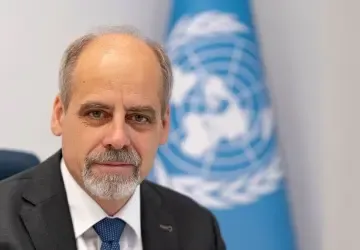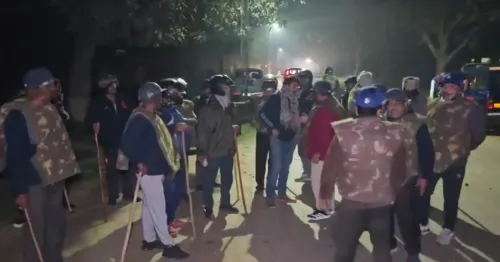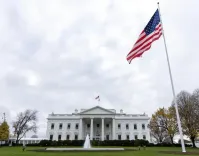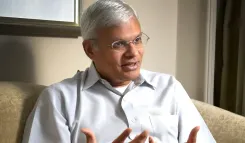Why Did the SC Refuse to Lift Stay on 42% Backward Classes Quota in Telangana Local Bodies?

Synopsis
Key Takeaways
- Supreme Court maintains stay on Telangana's 42% BC reservation.
- Legal challenges against the government order continue.
- Next hearing set for six weeks from now.
- State government instructed to submit counter-affidavits.
- This case highlights the balance of affirmative action and constitutional limits.
New Delhi, Oct 16 (NationPress) In a significant setback for the Telangana administration, the Supreme Court on Thursday declined to lift the interim stay imposed by the Telangana High Court on a Government Order (GO) that mandates a 42 percent reservation for Backward Classes (BCs) in local governing bodies statewide.
A Bench comprising Justices Vikram Nath and Sandeep Mehta emphasized that the Telangana High Court should persist in examining the petitions contesting the BC quota based on their merits, without being swayed by the rejection of the state government's Special Leave Petition (SLP).
On October 9, the Telangana High Court suspended the execution of the contested GO until further notice and halted the notification for local body elections within the state.
A Bench led by Chief Justice Aparesh Kumar Singh and Justice G.M. Mohiuddin has scheduled the next hearing for six weeks later and instructed the state government and the State Election Commission to submit detailed counter-affidavits within four weeks.
The petitioners have questioned the legitimacy of the GO, asserting that it breaches the Supreme Court ruling in the Indra Sawhney case, which limits vertical reservations to 50 percent.
They contend that with the current SC and ST quotas of 15 percent and 10 percent, the total reservation percentage now surpasses 67 percent. Conversely, Advocate General A. Sudarshan Reddy argued that the Telangana government had modified Section 285-A of the Panchayat Raj Act to increase the BC quota.
Last week, the Supreme Court dismissed a plea contesting the Telangana government's resolution to boost reservations for Backward Classes (BCs) in local bodies to 42 percent. The court questioned the petitioner about initiating a writ petition at the apex court when the Telangana High Court was set to hear similar cases on October 8.
“If the (Telangana) High Court doesn’t grant the stay, does that imply you will approach us under Article 32?” remarked the Justice Nath-led Bench. Realizing the Supreme Court's reluctance to consider the plea, the petitioner's side requested permission to withdraw the writ petition with the option to return to the Telangana High Court.










